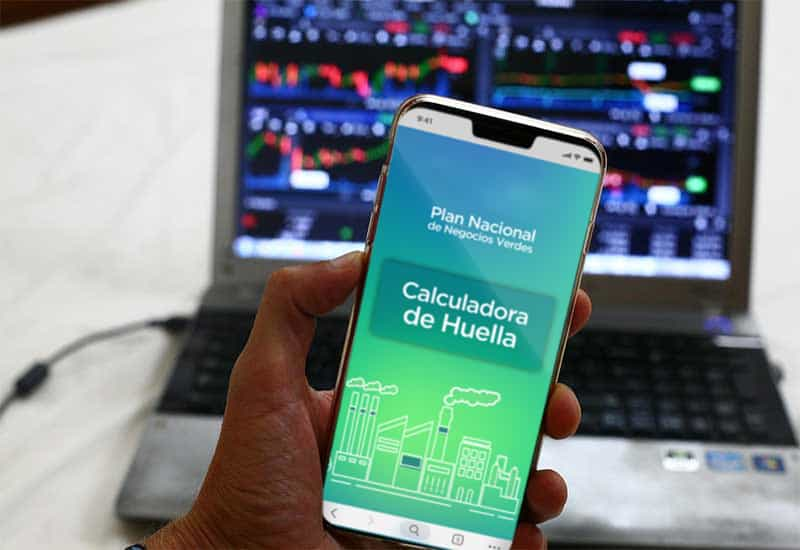
Resilient and low-carbon cities
Between 2022 and 2026 the planet will reach 1.5 °C above the pre-industrial era, that is to say, we are dealing with a worst-case climate change scenario.
(WMO, 2022)
Cities can only be resilient and must manage their strategies and resources. We support national and sub-national governments in the transition to a low-carbon, climate-resilient economy. We develop baseline information, action plans, implement projects that involve the public and private sectors, academia and the population, through innovative tools that facilitate decision making.
Our services

We develop specialized consultancies for the calculation of baseline indicators, projection of medium and long term impact scenarios, among others. We develop inclusive and innovative action plans, strategies and schemes, prioritizing the most cost-efficient actions and involving the public and private sectors.
We quantify GHG emissions in geographic spaces (i.e. cities and countries) based on the implementation of international methodologies such as the Global Protocol for Community-Scale Greenhouse Emissions Inventories (GPC) and the guidelines of the Intergovernmental Panel on Climate Change (IPCC) taking into account the following sectors: energy, industrial processes and product use, Agriculture, Forestry and Other Land Uses (AFOLU) and waste.
We develop climate action plans based on the developed baseline information.
We quantify the Water Footprint in geographic spaces (cities, countries) based on the implementation of the methodology promoted by the Water Footprint Network (WFN), a Dutch network that brought together international organizations linked to water and sanitation issues, since 2008.
The information displayed through the water footprint makes it possible to analyze the environmental, social, and economic implications of the use, consumption, and contamination of water.
We develop climate action plans based on the developed baseline information.
We develop specialized studies in city basins, to ensure the availability of water in sufficient quantity and quality in the long term, through the conservation of water sources, efficiency in distribution, demand management and pollution prevention, involving the public and private sectors.
We conduct analysis studies of population growth projections, the increase in the demand for natural resources, the climate change scenarios projected by the IPCC, and other studies recognized at local and/or regional levels that allow us to understand the level of vulnerability of a city in the medium and long term.
We conducted a multi-temporal analysis of orthophoto and cartographic information available for a period of at least 10 historical years, in order to verify changes in vegetation cover and land use, define the rate of deforestation, and create a map of incompatibilities, applying a climate change approach.
We create climate action plans based on the developed baseline information.
We develop climate action plans marking a roadmap that contributes to the process of mainstreaming the climate change agenda in key sectors (transportation, residential, water, waste, industry and commerce), within the framework of the reduction of the Carbon and Water Footprint.
This important instrument is a catalyst to guide the allocation of public and private resources in a more strategic and coordinated way so that the city advances in its transformation towards a low-carbon and resilient development in the face of the impacts of climate change.
The SASA team provides support for reporting on international platforms such as:
Carbon Disclosure Project (CDP)
The CDP, formerly known as the Carbon Disclosure Project, runs a global reporting and information dissemination system that enables companies, cities, states and regions to measure and manage their environmental impacts.
WaterActionHub
The Water Action Hub catalogs and facilitates water management projects in river basins and regions around the world.
Global Compact
The Global Compact is a United Nations-mandated initiative that works towards a more sustainable and inclusive global economy, promoting the implementation of 10 principles universally in the areas of human rights, labor standards, transparency and anti-corruption, and the environment in order to be part of the strategy and operations of companies and to facilitate actions so that companies can work towards the SDGs (Sustainable Development Goals).
The ACA is a global airport carbon management program that independently assesses and recognizes airports' efforts to manage and reduce their CO2 emissions. There are 4 different levels of accreditation: Mapping, Reduction, Optimization, and Neutrality.
C40 cities network
C40 is a network of the world's megacities committed to addressing climate change. C40 supports cities to collaborate effectively, share knowledge and drive meaningful, measurable, and sustainable action on climate change.
The SASA team assists cities in the use of tools developed by C40 such as CIRIS and CURV.
Within the framework of the Carbon Footprint and Water Footprint reduction strategies, we implement pilot-scale demonstration projects that make visible not only the climate impact, but also the social impact of many actions, for example, with the implementation of urban vegetable gardens, a car-sharing platform for public institutions, water decanting systems for mist traps, among others.
Footprint Dashboard
Information on the Carbon Footprint and Water Footprint of Latin American cities (huelladeciudades.com), evaluated by SASA, showing results by sector and emission source, through an interactive tool.
Find out more
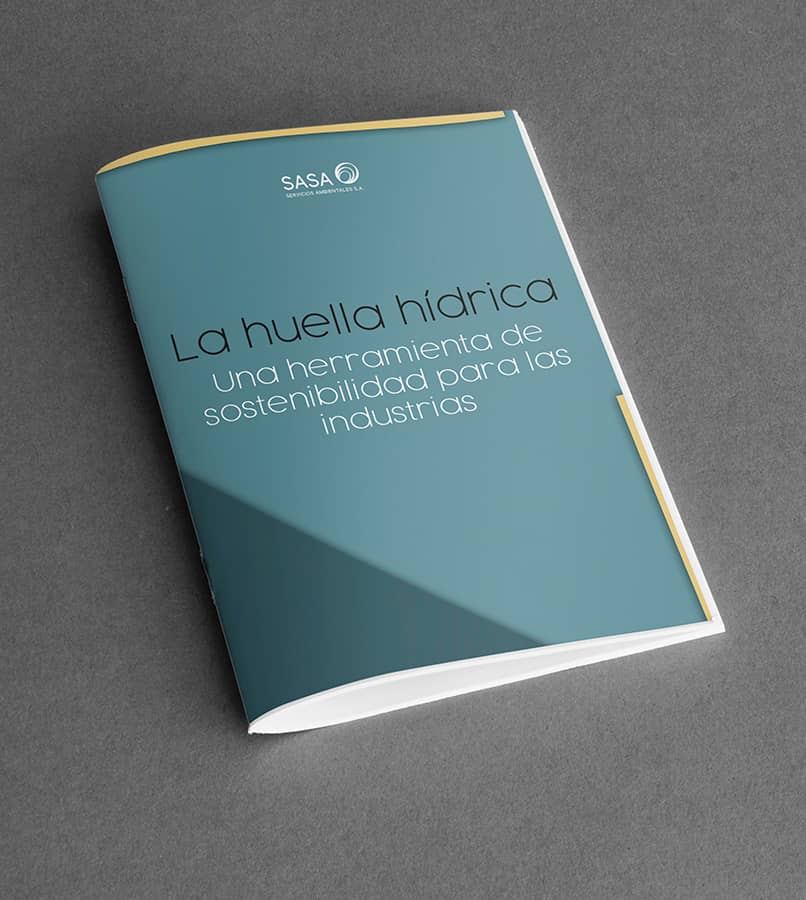
Servicios Ambientales S.A., in our role as a local partner, validated the rating of the new CDP program designed to encourage cities to increase their ambition and action related to climate change.
105 cities are part of the A List of Cities in the CDP for their transparency and leadership on climate change.
Read more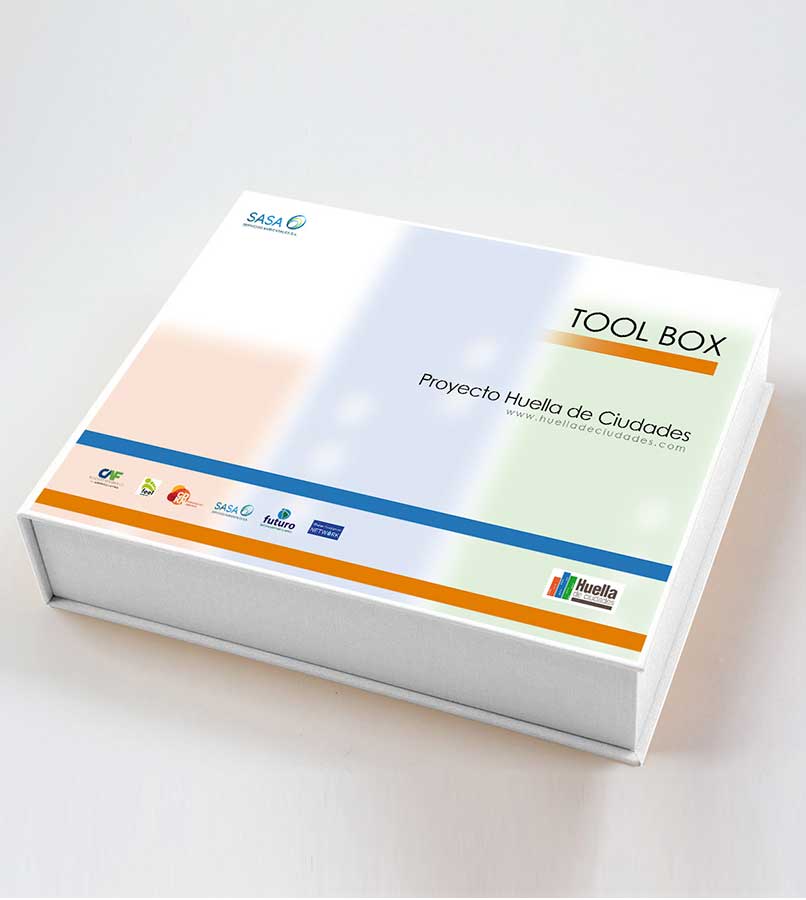
Tool Box
The Toolbox of the Cities Footprint Project is one of the most essential elements regarding communication and dissemination of results. Its objective is to concentrate the main deliverables in a friendly format, aimed at the main beneficiaries of the project, the Municipal Governments.
Resilient cities and climate finance
Featured projects
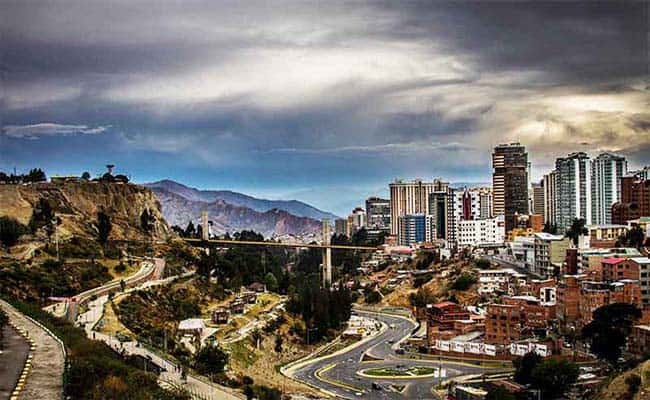
Footprint of cities
Read more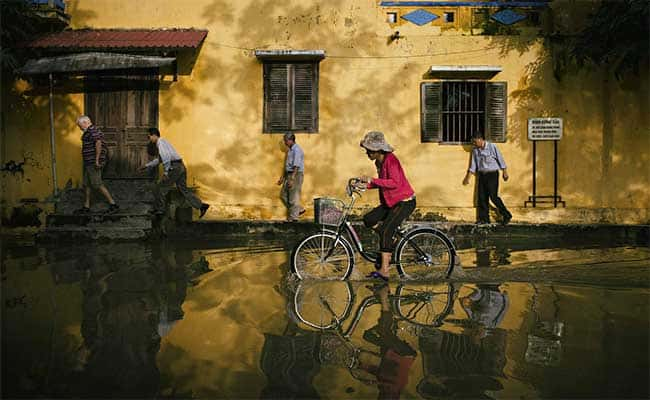
Preparatory actions for the "El Niño" phenomenon
Read more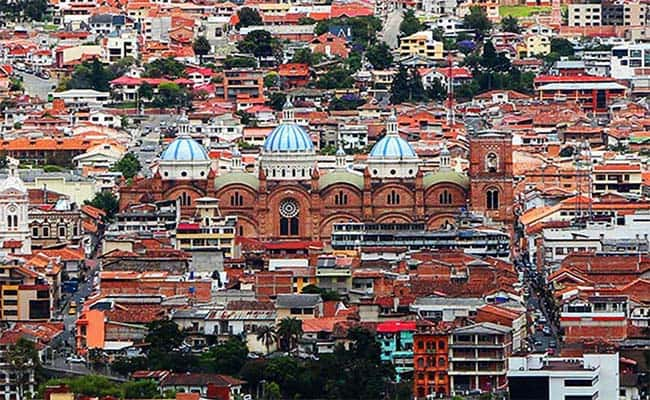
Deployment of the GPC in C40 cities
Read more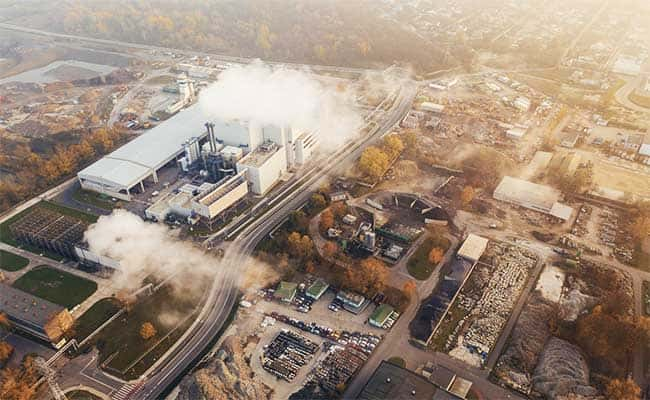
GHG emissions in intermediate cities
Read more
Comprehensive sustainable and collaborative water management project in Cuenca
Read more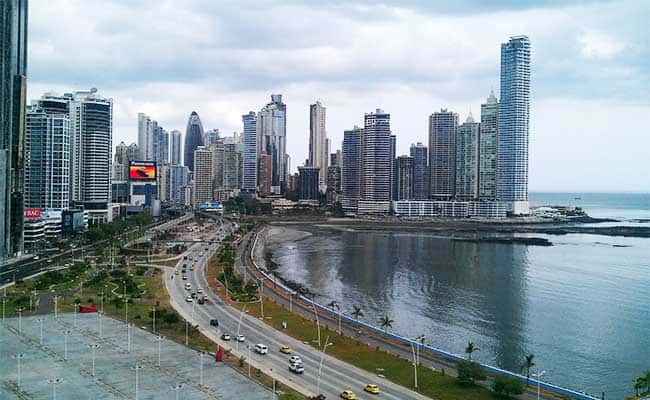
Reduce Your Footprint (RTH) corporate water enterprise in Panama
Read more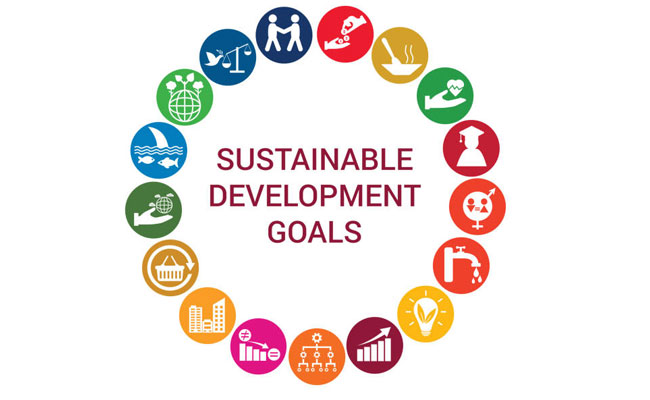
ICAT Sustainable Development Guide - Initiative for Climate Action Transparency
Read moreDo you need our services?
We offer you the professional advice you need






